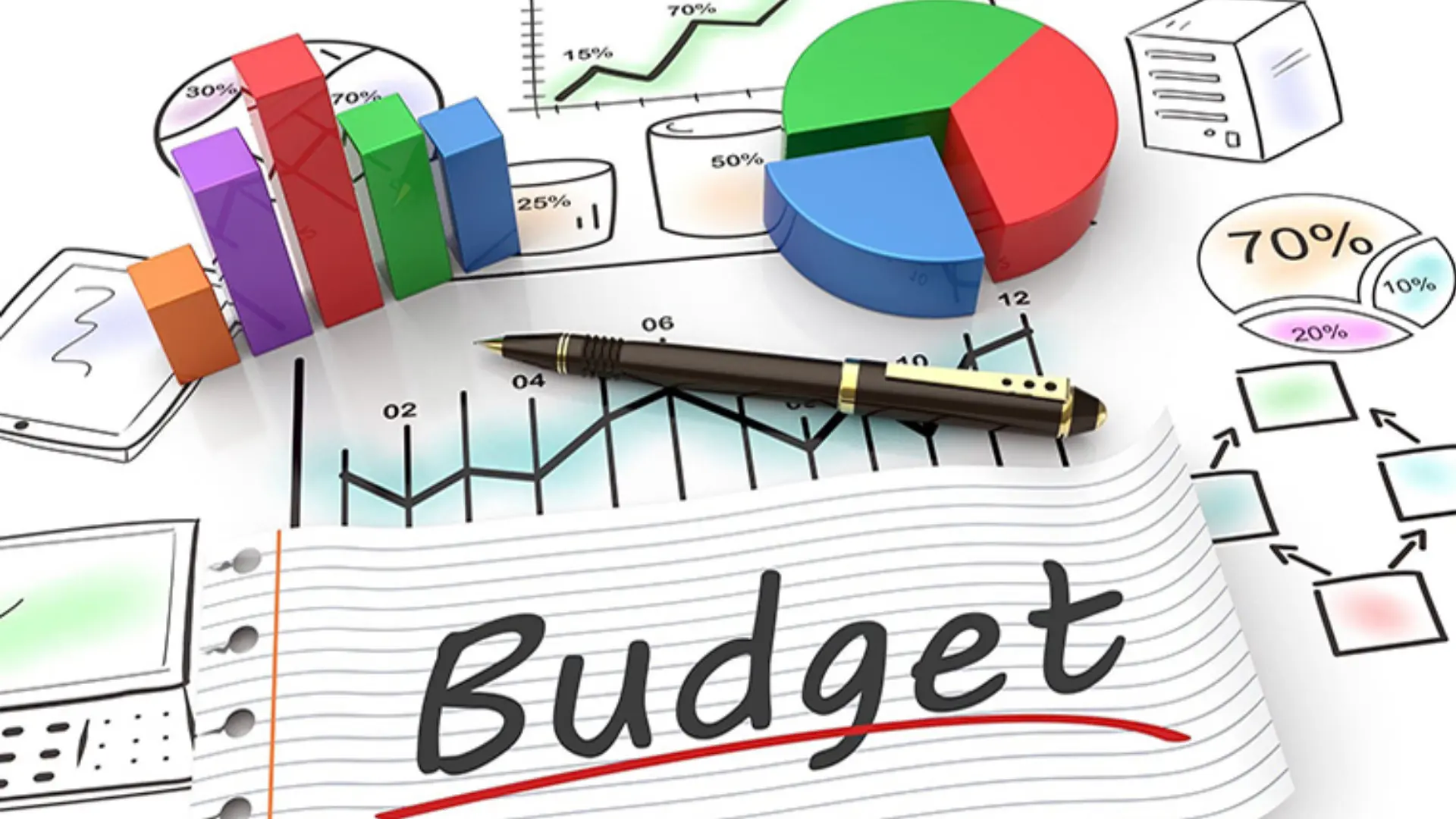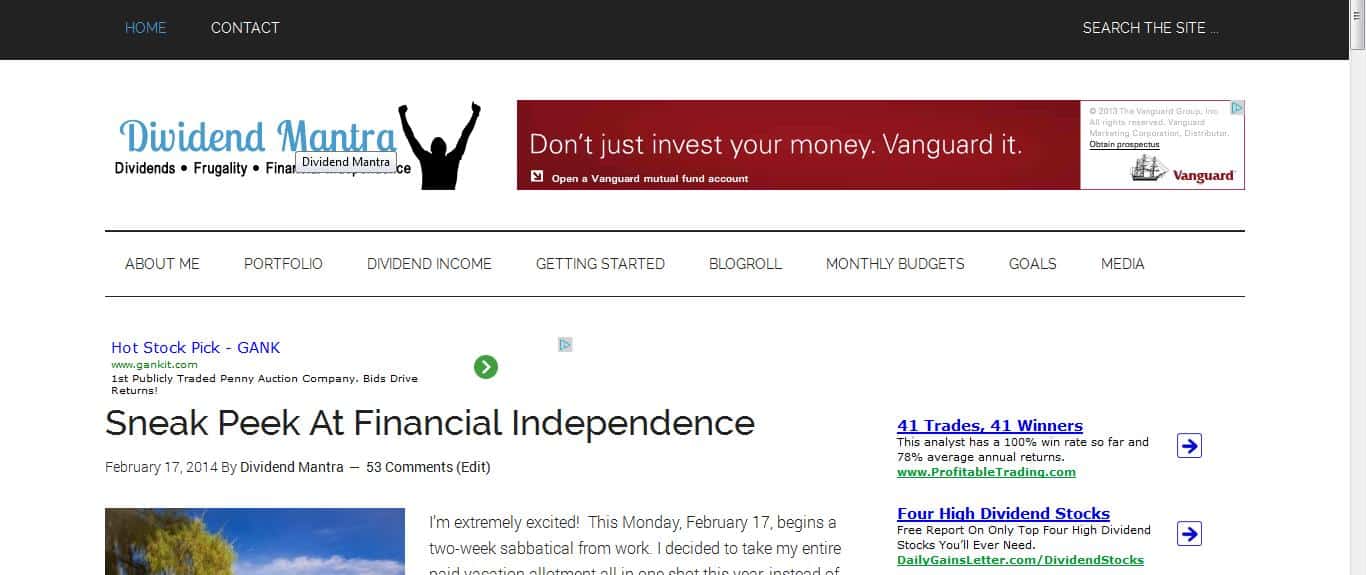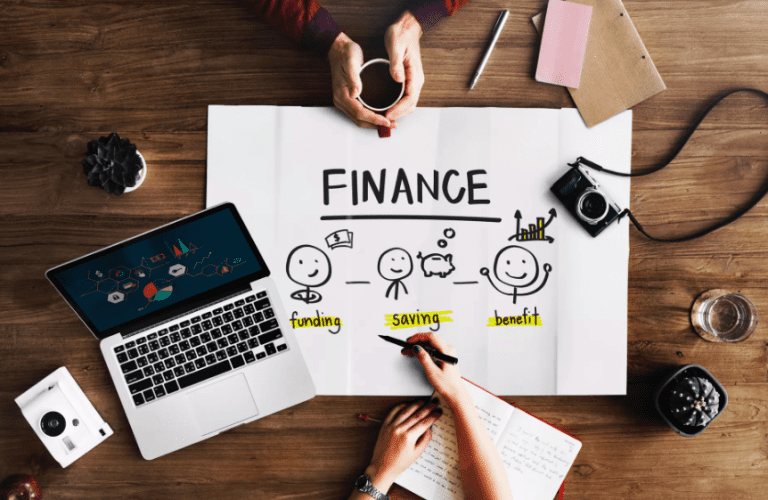The Best (and Worst) Ways To Prepare for a Recession
A recession is a period of negative economic growth, typically measured by a decline in gross domestic product (GDP). Recessions are usually accompanied by higher unemployment rates, stagnant wages, and reduced investment. The most common cause of a recession is a fall in consumer spending, which can be caused by factors such as high levels of debt, rising prices, and falling confidence in the system.
Because of this, in times of recession, many people look for ways to save money. However, some methods of saving money can be more effective than others. Here are the best (and worst) ways to prepare for a recession.
Reasons To Prepare for a Recession
There are many reasons to prepare for a recession. We have listed some of these reasons below:

1. Lower Stock Prices
When stock prices drop, it is often seen as a predictor of an upcoming recession. This is because when people feel like the economy is doing poorly, they tend to sell their stocks and the prices go down as a result. Additionally, when companies are doing worse financially, their stock prices also decline. This can be a sign that a recession may be on the horizon. As an investor, this decline in stock prices can reduce the value of an individual’s investment portfolio. So you need to plan and prepare accordingly. Also check out how to invest in stocks.
2. Higher Unemployment Rates
A recession can lead to a rise in unemployment, which can reduce an individual’s income and increase their expenses. In general, when unemployment rates are high, it is a sign that the economy is not doing well. This is a common sign that a recession is on the horizon. When unemployment rates are high, it can be harder for people to find jobs, which can lead to less spending and slower economic growth. It is therefore important to prepare for a recession by saving money and being cautious about spending.
3. Reduced Expenditure by Businesses
Reduced expenditure by businesses is often seen as a common sign of an impending recession. This can be due to a number of factors, such as a decrease in demand for products or services, a fall in profits, or a rise in the cost of borrowing money. When businesses reduce their spending, it can have a ripple effect throughout the economy, leading to job losses and a decline in economic activity. You may need to be prepared for less contact work (if you are a contractor for companies), fewer bonuses (if you work for a company), and possible layoffs in the long run.
4. Economic Slowdown
An economic slowdown is typically a sign that a recession could be on the horizon. When an economy is slowing down, businesses and consumers tend to become more cautious with their spending, which can lead to less demand and less economic activity. A slowdown can also be caused by factors such as rising interest rates or a declining stock market. If an economy is in a slowdown, it’s important for individuals and businesses to be prepared for a possible recession. Such preparation can help businesses and individuals weather the storm and come out stronger on the other side.
5. Higher Inflation
There are a number of reasons to prepare for a recession, but higher inflation is one of the most important. Inflation indicates that the cost of goods and services is rising, which can lead to decreased spending and ultimately a recession. When prices are increasing, people have less money to spend on other things, which can lead to layoffs and decreased production. Additionally, inflation can cause investors to pull their money out of the market, exacerbating the recession.
Understanding this and the factors above, you may new see why and how vital it is to prepare for a recession.
The Best Ways To Prepare for a Recession
There are quite a number of ways to prepare for a recession. We have listed them below.
1. Have a Budget and Stick to It

A budget is important tool to use in order to manage your money and prepare for a potential recession. When you have a budget, you are able to see where your money is going and where you can cut back if needed. This can help you save money in case of a recession so that you are not as heavily impacted financially. Additionally, sticking to your budget can help you stay out of debt and maintain good financial health overall.
2. Save, Save, Save
One way to prepare for a recession is to save your money. When there is less money circulating in the economy, it can be harder to find work and make ends meet. Saving your money can help you have a cushion to fall back on in case of tough times. Additionally, saving your money can help you take advantage of buying opportunities when the economy is weak. For example, you might be able to buy stocks or other investments at a discount if the market is downturn.
3. Prioritize Debt Repayment
It is important to prioritize debt repayment during a recession because it can help individuals maintain their liquidity and financial stability. By reducing their debt levels, individuals can improve their resilience to economic shocks and reduce their vulnerability to financial instability. In addition, debt repayment can help individuals improve their overall credit score, which could make it easier for them to obtain financing in the future.
4. Make Use of Community and Government Aid Programs
The rationale for using community and government aid programs as a way to prepare for a recession is that they can provide short-term relief and stability to affected households and communities. The programs can also help to prevent or mitigate the worst effects of a recession, including increased poverty and unemployment. Some programs, such as unemployment insurance and food stamps, provide direct financial assistance to individuals, while others, such as public works projects, create jobs and stimulate the local economy.
5. Invest in Assets That Will Hold Their Value
When faced with the potential for a recession, one way to prepare is to invest in assets that will hold their value. This could include investments such as gold or other precious metals, real estate, or stocks in companies with a good track record. Another option is to put money into savings accounts or certificates of deposit that offer a higher yield than a traditional savings account. These are all relatively low-risk investments that should hold their value even if the economy takes a turn for the worse.
6. Invest in Yourself
There are a few reasons why it is important to invest in yourself even during times of recession. One reason is that during a recession, there are typically fewer jobs available, so it is important to have as many skills and abilities as possible to make yourself stand out from the crowd. Increasing one’s earning potential can help shield against the effects of a recession.
7. Get Creative: Find Ways To Make Money on the Side
Another good way to protect yourself from a recession is to have a backup plan. One way to do this is to get creative and find ways to make money on the side. This can help you prepare for tough times ahead and ensure that you have some extra money to fall back on. There are many different ways to make money on the side, so you can find one that best suits your skills and interests.
8. Stay Positive
A positive attitude can help you through anything, including a recession. By staying positive, you will be more motivated to find solutions and persevere through the tough times. A positive attitude can also help you maintain your relationships with others, which can be especially important during difficult times. Additionally, a positive attitude can boost your productivity and creativity.
9. Cover the Basics— Food, Utilities, Shelter, and Transportation

The most important things to cover in preparation for a recession are food, utilities, shelter and transportation. All of these are necessary for everyday life and become even more important during tough times. Having a solid plan for each of these will help reduce stress and allow you to focus on more important things.
10. Networking
One way to prepare for a recession is by networking. Networking allows you to build relationships with other people in your industry or field. These relationships can come in handy when you are looking for a new job or trying to get business opportunities during a recession. Networking can also help you learn about new opportunities and businesses that are doing well during a recession.
The Worst Ways To Prepare for a Recession
There are quite a number of things that you are better off not doing when preparing for a recession. We have listed them below.

1. Cutting Expenses Indiscriminately
This can include things such as canceling healthcare or other important services. Cutting these expenses indiscriminately without taking your unique individual financial situation into account can be a recipe for disaster during a recession. It’s important to analyze your spending and find ways to reduce it that won’t impact your quality of life.
2. Stocking Up Perishables
If someone is stocking up on perishables, they are preparing for a recession in a bad way. This is because those items will not last long in times of economic hardship, and so the person will need to later throw some out, which can be expensive. This can lead to overstocking and wasted money if the recession does not last long. A better way to prepare for a recession is to stock up on items that will not spoil and that can be used in multiple ways. Such items might include dried beans, rice, and pasta.
3. Pulling Money Out of Long – Term Investments or Retirement Funds
Withdrawing money from long-term investments or retirement funds can be a bad way to prepare for a recession because it can deplete resources that could be used to weather the economic storm. Additionally, when markets are volatile, selling stocks or other assets at a loss can further damage one’s financial position.
4. Ignoring Bills and Financial Obligations
When an individual ignores their bills and financial obligations, they are setting themselves up for failure in the event of a recession. This is because they will have less money available to them if they need to make any sudden expenditures, and their credit score will likely be lower, making it more difficult to obtain loans or lines of credit. Additionally, skipping out on bills can lead to legal troubles if creditors decide to take legal action.
5. Panicking and Do Nothing
When it comes to preparing for a recession, panicking and doing nothing is a bad way to go. This is because if you panic, you might make irrational decisions that can end up harming your finances. Additionally, if you do nothing, you might not take any steps to protect your money and could end up losing out if the recession hits. Instead, it’s important to be proactive and plan for a potential downturn in the economy.
6. Taking Out More Loans or Use Credit Cards
The logic behind this statement is that if an individual takes out more loans or uses their credit cards during a recession, they will be in even more debt when the recession ends. This could prevent them from being able to afford necessary items such as food, clothing, and shelter. Furthermore, major debt could lead to bankruptcy, which would make it difficult for an individual to recover from the recession.
7. Selling Off All Assets Such As Stocks, Bonds, or Real Estate
Permanently selling all assets such as stocks, bonds, or real estate is not a good way to prepare for a recession. This is because it can lead to less liquidity and financial flexibility. Apart from generating irrecoverable losses if the market rebounds later on, this strategy may also result in a lower net worth for the individual or organization, which could make them more vulnerable to bankruptcy or other financial difficulties.
What To Do if You’re Already in Debt
If you are already in debt, it is nonetheless important to take steps to prepare for a recession. This may include cutting back on spending, creating a budget, and looking for ways to reduce your debt. You may also want to consider downsizing your home or car, or finding ways to reduce your expenses. You can also explore options for consolidating your debt or seeking help from a credit counseling service.
Finally, as we mentioned earlier, you should save as much money as possible so you will have some emergency funds available if the recession hits.
By taking these steps, you can improve your financial situation and protect yourself from the negative effects of a recession.
Tips for Living on a Budget
- Living on a budget doesn’t have to be difficult. Follow the below steps and you should be good to go.
- Set realistic goals and limits: Evaluate your monthly income and expenses to figure out what you can afford.
- Make a list of priorities: Decide what is most important to you and find ways to cut back on the less important expenses.
- Create a budget plan: Plan out your budget for the month and make sure to stick to it.
- Track your spending: Keep track of how much money you are spending each day and week so you can stay on track.
- Find cheaper alternatives: Look for ways to save money on groceries, utilities, transportation, and other expenses.
- Stay disciplined: Avoid overspending and unnecessary purchases.
How To Survive if You’ve Been Laid Off During a Recession
If you have been laid off during a recession, there are a few things that you can do to help increase your chances of survival. First, be sure to stay positive and optimistic. This can be difficult, but it is important to remember that it is not the end of the world. Next, be sure to network with others and keep your resume up-to-date. Finally, be patient and stay focused on your goals.
Conclusion
In conclusion, there are several things that you can do to prepare for a recession. However, it is important to remember that there is no one-size-fits-all solution. You need to tailor your preparations to your specific situation.
If, like most people, you are worried about the possibility of a recession, you should start by reviewing your expenses and making cuts where necessary. You can also start saving money by putting aside a portion of your income each month. This will save you money in the long run if a recession does occur.
Once you have cut your expenses to a bare minimum, it is time to look for ways to make extra money.







